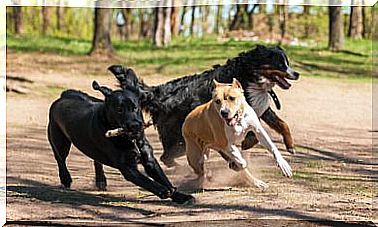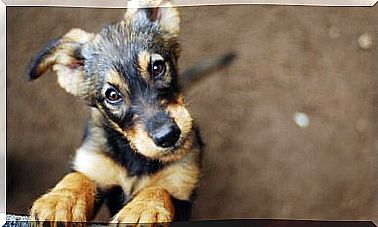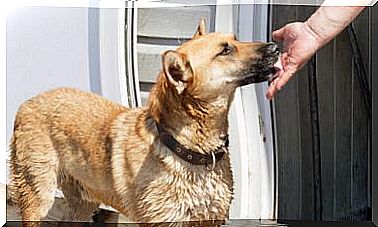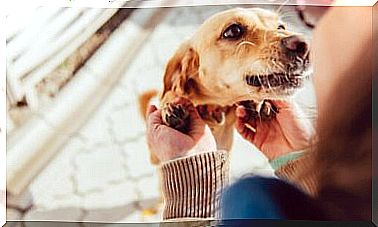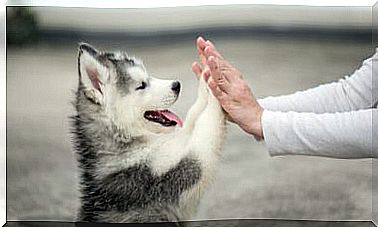Has My Dog gone Crazy?
Suddenly, your beloved pet – whom you pamper and care for with great care – gives you a growl instead of happily thanking you for the caress you just gave him. Or, suddenly, you notice that it is trying to catch imaginary flies or it turns around trying to bite its tail. That’s when you wonder if your dog has gone crazy. We tell you what may be happening to him.
Why has my furry suddenly become aggressive?
The behavior problems of dogs usually have different origins and, in general, if they are treated in time, they can be solved. Inadequate education and humanization of the dog can lead, for example, to aggressive attitudes towards its owners.
It may be difficult for you to understand from your human reasoning why a little animal to whom you have given all the best and to whom you have treated as one more member of the family, even granting all its “whims”, may suddenly have a reaction. so violent towards you.
But it is in the way you have raised your pet that the problem lies. It is an animal, not a person. And if it is very good that you consider it part of the family, you should not forget that it is a dog, not a human being. And that you must respect its nature.
In addition, both people and pets must meet certain guidelines for living together in a home. So educate your dog with clear rules and without contradictions. And don’t hesitate to ask your vet or an animal behavior specialist for advice.
Other behaviors that can make you think your dog has gone crazy
On the other hand, there are other attitudes that can lead you to think that your dog has gone crazy. These are the so-called stereotyped behaviors, which are nothing more than repeated actions that always have the same sequence and that, apparently, do not fulfill any function or seek any purpose.
For example, the furry begins to :
- Hunt flying insects that do not exist.
- Walk in circles.
- Constant licking of any part of your body, an action that can cause injuries.
- Chase his tail.
- Growling at himself.
- Attack your feeder or your waterer.
Can all animals have stereotypes?
The so-called stereotypes occur only in animals that live in a house as pets and in those that are in contact with man in:
- Farms
- Zoos
- Hatcheries
- Kennels and Shelters
In animals found in the wild, no stereotyped behavior has been observed. Everything seems to indicate that domestication and, above all, confinement, generate these abnormal attitudes.
So, as humans have something to do with all this, we should begin to assume what part of the blame we have in the matter, before asking ourselves what happens to the furry, who has suddenly gone crazy.
Reasons that cause stereotypical behaviors in dogs
That is why it is very important that you try to establish in what circumstances these strange behaviors began to manifest in your furry, since they usually coincide with issues that cause stress or anxiety. For instance:
- Removals and spare parts.
- Births or deaths within the family.
- A new pet in the home.
- Constant arguments between the inhabitants of the house.
- Abuse, even if only verbally or with aggressive body language.
- Keep him locked up or tied up permanently.
- Not allowing him to walk or exercise properly.
Physical causes of some stereotypes
But there may also be some organic causes that lead a dog to develop compulsive behaviors. Namely:
- Some intracranial diseases, such as hydrocephalus or meningoencephalitis, or the presence of tumors.
- Tail fractures or cauda equina compression.
- Various to skin infections, such as dermatitis or allergies due to food or stings.
- In viral diseases, for example distemper.
- L esions in peripheral nerve tracts.
- Some eye problems.
- I ntoxicación lead.
- E ncefalopatía liver.
In either case, be sure to consult the vet.
